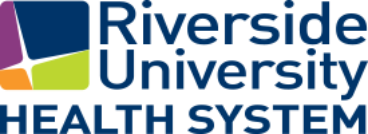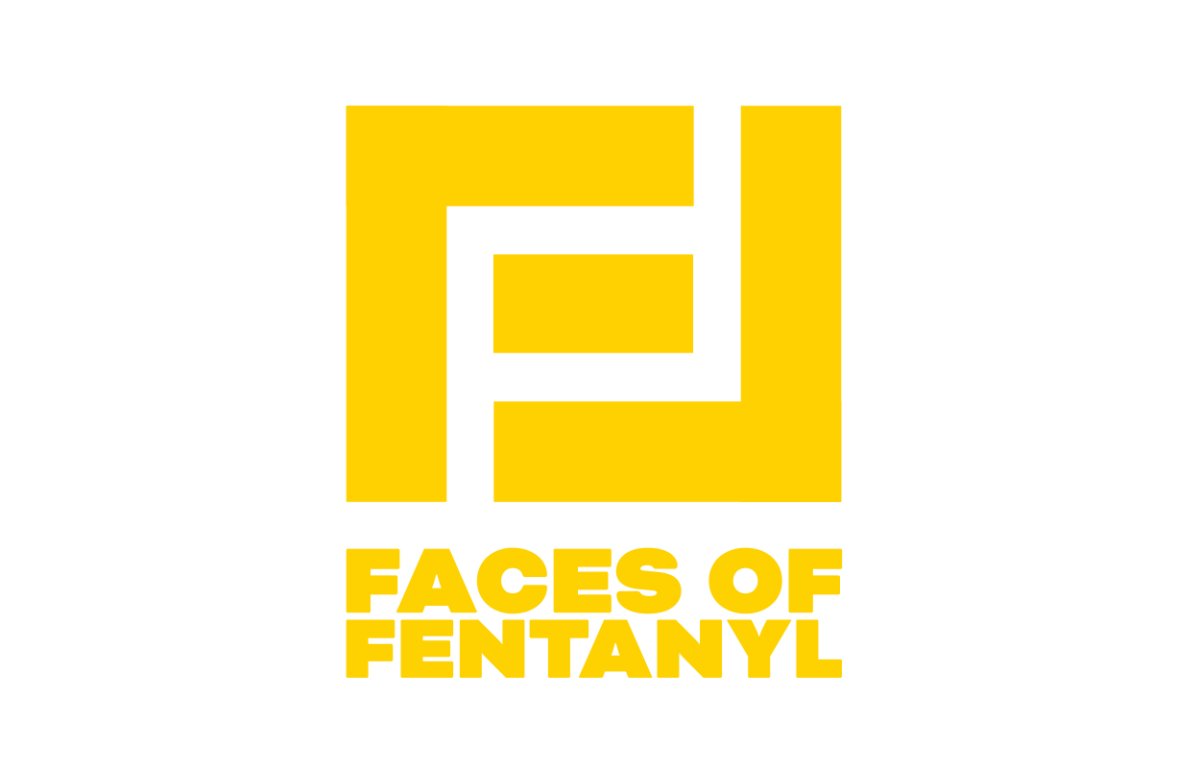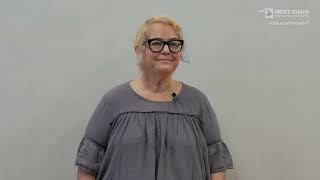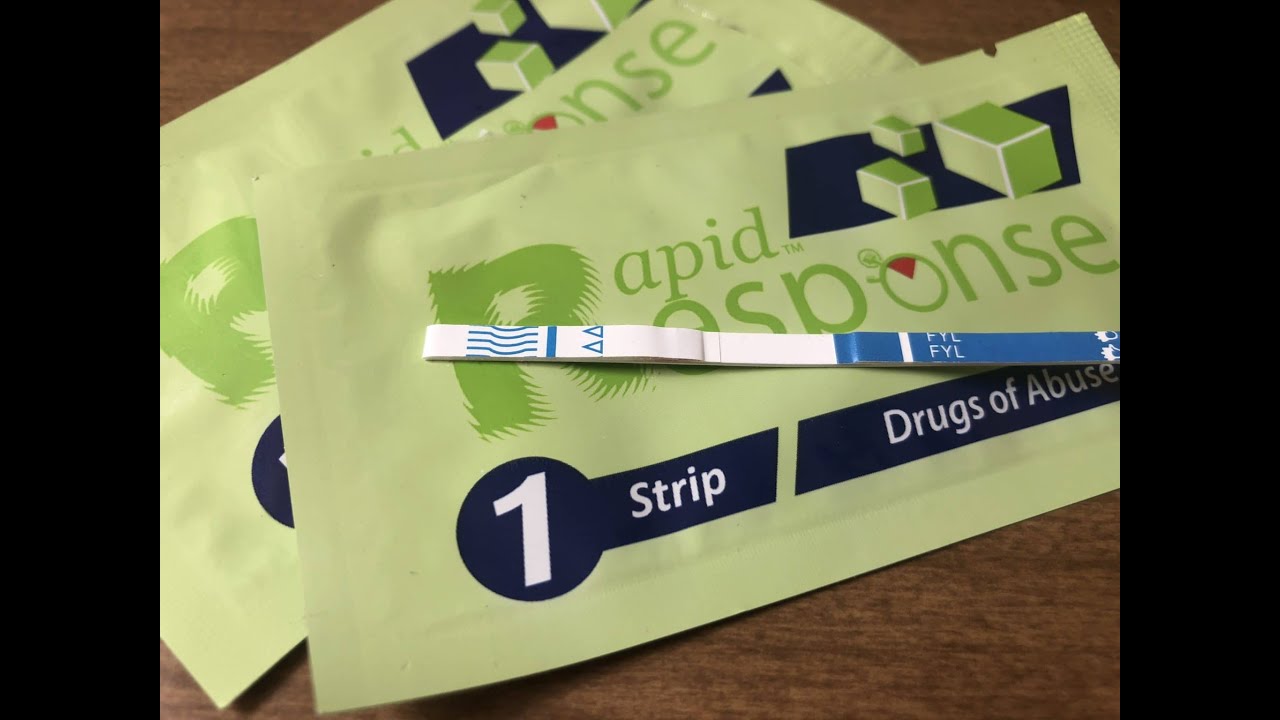Riverside Overdose Data to Action
The opioid epidemic is one of the largest drug problems recorded in U.S. history. From 2008 to 2017, Riverside experienced a sharp increase in the number and rates of overdose deaths. In response, the Riverside Overdose Data to Action (RODA) program was established in September 2019 and is integrated into Riverside University Health System - Public Health's (RUHS - PH) Epidemiology and Program Evaluation Branch. Funded by the Centers for Disease Control and Prevention (CDC), the purpose of RODA is to enhance surveillance of overdose morbidity and mortality and to use enhanced surveillance data to guide overdose prevention efforts. The cornerstone of RODA is enhanced overdose surveillance, which is used to advance local insight into overdose incidence in Riverside County and create more responsive and collaborative prevention efforts to address the upstream causes of substance use disorders and overdose.
- Faces of Fentanyl Campaign
- Naloxone Saves Lives
-

Available without a physician's prescription, Naloxone (brand name: Narcan) is a safe and effective medication for all ages that can quickly reverse an opioid overdose. Due to its lifesaving abilities, access to Naloxone is crucial. It is STRONGLY recommended that all family, friends, people who use drugs, and first responders are trained to recognize and respond to an overdose with naloxone.
- Good Samaritan Law
-

Many overdose deaths are preventable, yet people often fear arrest if they call 9-1-1 for help at the scene of a drug overdose. AB 472, California’s Good Samaritan law provides limited protections from arrest, charge, and/or prosecution for people seeking emergency medical assistance at the scene of a suspected drug overdose.
- How to Recognize and Respond to an Opioid Overdose
-

Opioids are currently the leading cause of overdose deaths in the United States. During an overdose, breathing can be dangerously slowed or stopped, causing brain damage or death. You don't have to be a medical professional to identify the signs or help, the important thing is to act quickly.
- Fentanyl Test Strips
-

Fentanyl is a powerful, fast-acting opioid that increases the risk of overdose. Very often, it is mixed in with other drugs, such as heroin, coke, crack, and pressed pills, and is very difficult to detect. As a result, fentanyl in illicit drugs changes the landscape of opioid overdose dramatically.
- Increase Access to MOUD
-

MOUD is a pharmacological treatment for opioid use disorder (OUD). Agonist drugs, such as methadone and buprenorphine, activate opioid receptors in the brain that prevents painful withdrawal symptoms without causing euphoria and naltrexone blocks the effects of opioids.
Increase Access to Medication Treatment for Opioid Use Disorder (MOUD)
- Syringe Service Programs
-

Also called “needle exchange” or “syringe exchange,” provides access to clean and sterile equipment for the preparation and consumption of drugs as well as tools for the prevention and reversal of opioid overdoses, such as naloxone training and distribution, fentanyl test strips, and more.
- Hotlines - Have Questions or Need Support?
-
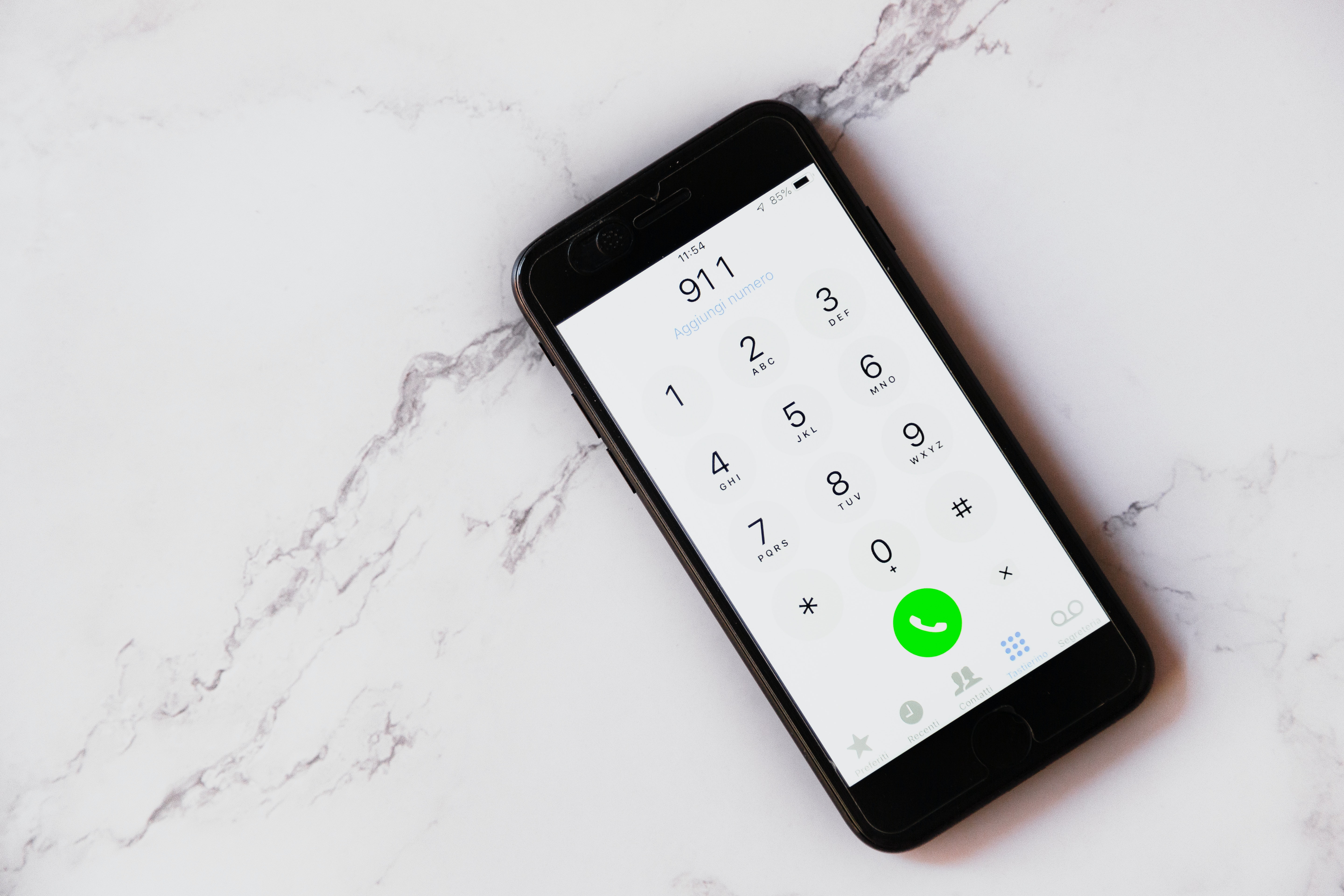
If you believe an individual may have overdosed, they show changes in consciousness, are having difficulty breathing or displaying signs of a heart attack call 9-1-1 immediately.
